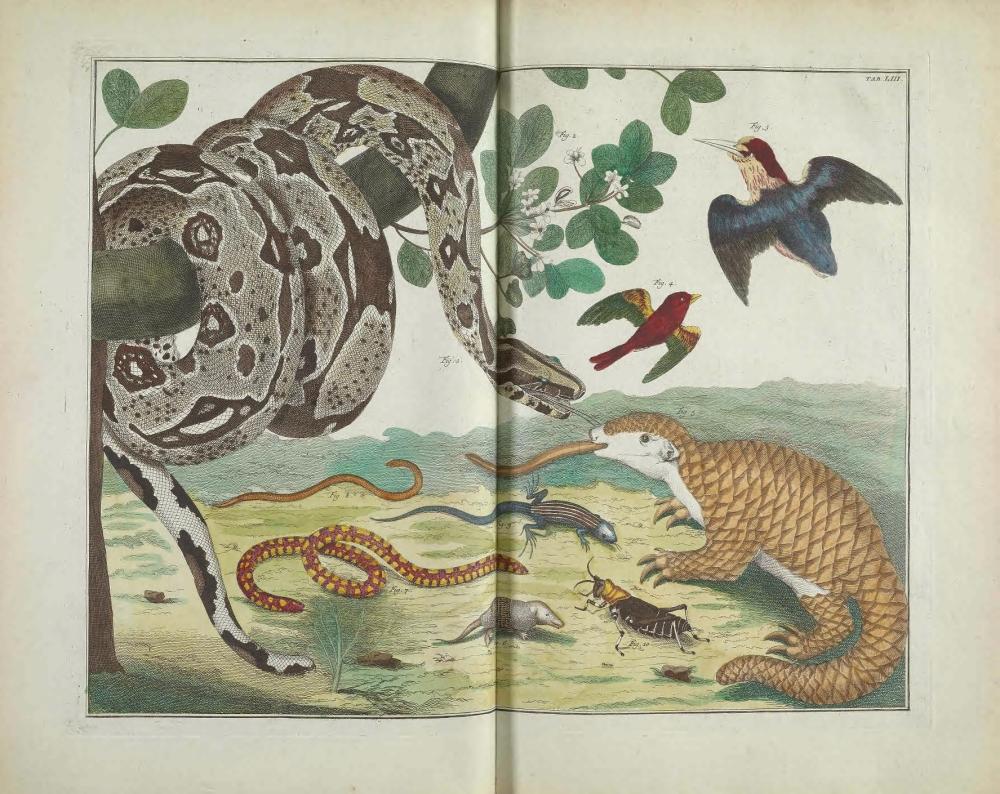PhD Studentship Deadline Approaching: Colonial Natural Historical Collecting in the South Asian Indian Ocean

The University of Cambridge and its Museum of Zoology are pleased to announce a fully-funded collaborative doctoral studentship from October 2024 under the AHRC’s Collaborative Doctoral Partnership (CDP) Scheme.
- Pre-application online information session for interested applicants: 16 April 2024, 10am BST (UTC+1) Register your interest
-
Application Deadline: 12 May 2024
-
Online interviews: 11 June 2024
-
Start date: 1 October 2024
The University Museum of Zoology and Cambridge University Herbarium have exceptional collections from South Asia and the Mascarene Islands (taken to include Mauritius, Réunion and Rodrigues). These collections have underpinned scientific research into evolution, extinction and natural history, but their human social stories have yet to be explored.
Together with the team of supervisors, the successful candidate will develop a project to interrogate the history of these collections or some parts of them with respect to colonialism and Indigenous, local and indentured practices and contexts.
This region is of massive importance to the European colonial story. It has some of the world’s most celebrated animals and plants, from tigers to dodos and rhododendrons and tea. Such specimens in our collections represent how colonial histories and environmental histories became tied to the same processes, and how natural history practices reinforced and were reinforced by the workings of empire. This project will shed light on the entwined human and environmental costs of the colonial project.
This scheme develops long-standing links between the Faculty of History and the University of Cambridge's Museums, which includes early modern historians, British historians and world historians among others.
Supervision
This project will be jointly supervised by Professor Sujit Sivasundaram and Jack Ashby together with Dr Charu Singh and Professor Sam Brockington. The student will undertake research at both the University Museum of Zoology and the Faculty of History at the University of Cambridge, while also having access to the Department of History and Philosophy of Science and the University’s Herbarium. They will become part of the wider cohort of CDP-funded students across the UK.
Funding
Funding for each studentship will be for four years’ duration with the expectation that this will include development activities, as applicable to meet the student’s needs. The project can be undertaken on a full-time or part-time basis.
Eligibility
We welcome applications from both International and UK (home) students.
Applicants should ideally have or expect to receive a relevant Master’s-level qualification, or be able to demonstrate equivalent experience in a professional setting. Suitable disciplines are flexible, but might include History, Archive Studies, History of Science/Natural History, or Geography.
Applicants must be able to demonstrate an interest in natural history and the museums, archives, library, and heritage sector and potential and enthusiasm for developing skills more widely in related areas.
Applications
All applications will need to be made through the University Graduate Application Portal (for which we provide guidance in the further details document): www.postgraduate.study.cam.ac.uk/applying/how-do-i-apply
We want to encourage the widest range of potential students to apply for this CDP studentship. We particularly welcome applications from Black, Asian, Minority, Ethnic (BAME) backgrounds as they are currently underrepresented among doctoral students in these research areas. As this project focuses on South Asia and the Mascarene Islands, candidates applying from countries in South Asia and the Indian Ocean are especially encouraged. This is especially so, given the project’s formal aim to generate dialogue on its key research questions between the global South and Europe.
The University values diversity and is committed to equality of opportunity.
Contact
Applicants are encouraged to contact the supervisory team with informal enquiries about the studentship:
- Professor Sujit Sivasundaram, Faculty of History, University of Cambridge sps20@cam.ac.uk
- Jack Ashby, University Museum of Zoology, University of Cambridge jda26@cam.ac.uk
- Contact cc-ee@fitzmuseum.cam.ac.uk if you would like this information in an alternative format.

